This is my second article exploring the world Ballad. I am going to dig into the thing that started me thinking about the setting in the first place. I started with the notion of a setting where humans were rare and treated with distrust. This would not be unlike how Drow or Tieflings were treated in other settings. What would that kind of setting look like? A thread started by my friend Rabbit over on Twitter certainly contributed to that line of thought.
Before I dig too far in, let me address the history here.
Humans have long been used as a default assumption in D&D. This is understandable. The people making the game were human. They could safely assume their potential players would be human. This is further reinforced by people starting with wargaming rules that were written for human armies. We are constrained by our past experiences. Having a default that is familiar kind of makes sense.
Unfortunately, there is a complication. I feel the early creators had not really considered the actual implications of what they were doing. When presenting “races” people will naturally consider how they relate to real-world race relations, but the folks working on the early game didn’t consider that. Dark Elves might be classic troublesome creatures in northern European myth, but when your first depictions of dark-skinned humanoids in the game are that of an “evil” race then you may be saying more than you might have intended. Do I think the creators of the game thought of black people as evil? No, of course not, but they also were not exploring the implications of their subconscious assumptions.
The notion that races have innate characteristics sort of ties into early 20th century “race theory” which just makes it worse. In the first iterations and the boxed sets race was also your class. 1st and 2nd edition limited class availability and progression by what race you chose. On a design level I might understand such thinking, though it was a bad idea on that level too, but imagine what happens when you apply real-world racial filters. Some races are “better” than others mechanically. That is troublesome.
When third edition came along they got rid of some of those notions, but sadly not all. The removing of level limits. This left humans with a problem. All the other races traditionally got magical abilities and bonuses. Humans didn’t so they began treating them as the “versatile” race. This gave them a free feat or different bonuses in the various editions going forward. The “versatile” option had a lot to do with why they are designed the way they are in 5th edition.
That said, versatile is boring. Attribute bonuses are boring and probably just a bad idea, but just saying a race is versatile is just dull. Instead, if you are using bonuses and magical abilities as a delineating element in your design, make a choice on the humans giving them traits to match a fiction, rather than just say they can be what they want. All the races can be what they want. What makes humans interesting? In Ballad, what makes humans interesting is that they are survivors and always outsiders. Their story drives the mechanics.
The History of Humanity and Exhaulthen in Ballad
About 3000 years ago, humans came to the world of Ballad. Their homeworld was in the throes of a great disaster and a nation of humans, The Redostian people, fled with the help of a god of wisdom, Exhaulthen. They passed through far realms in ships made for arcane journeys of another sort(authors note: spelljammer ships are what I have in mind). Their god protected them from alien forces as they traveled and found their way to Ballad.
They largely settled on the island of Gol Legartan. Its fertile lands were sparsely populated and the strong vigorous humans thrived there building on top of old ruins.
Exhaulthen was the first and only God to enter the world. His angelic host helped him carve out space in the near realms, in some cases running afoul of the Gentry Courts. His Celestial Library was a realm where the souls of his followers dwelled collecting wisdom, and saving the stories of their lives.
Humanity, and their faith, expanded beyond their island nation. Trade and travel took them to all corners of the world. It was a tenet of the religion inn those days that the collection of knowledge was holy so pilgrims were seen in every court. His faith converted many people, from around the world, not just humans.
What was sadly not known was the journey to Ballad had taken an unseen toll on Exhaulthen. Something in the Far Realms affected him. It left a taint in the god’s nature. Being a god, he could resist that taint, but only for so long. It was slowly driving him mad.
1000 years ago a cleric named Tarsen rose to prominence as a visionary of his god. He claimed he saw visions of a glorious future. He saw a world united in a single purpose under the wisdom of Exhaulthen. Those who stood against that vision were enemies of the holy truth and should be converted or removed. Tarsen rallied an army of humanity with the aid of his god to lead them to victory.
Not every human or follower of Exhaulthen rallied to this war. A 10th of the celestial host turned against the mad god’s campaign. Many people fled the war in various directions. No one nation had the power to stop the Empire of Exhaulthen.
The sky city of Dor Gragen was brought down by the god’s power. The last heir to the Storm Throne was hunted down and drown by the hands of Tarsen himself. Armadas were sunk, cities fell, and heroes died in the exalted march of the mad god’s army. Even the great peace spires of Gar Finrivel, the oldest city in the world, were brought down by the maddened zealots of the Exhalthen faith.
Finally, an accord was struck by the great powers of the world. The Great Accord called on the most powerful beings in the Gentry Courts(both Fey and Genie), the Dragons, and the Giant Sages to bring the mad god to heel. The great powers of Ballad, both temporal and spiritual, turned to defeat the human empire.
When the battle was met on Gol Legartan, the heart of the empire, the followers of Exhaulthen became touched by his madness. His remaining angelic host became devils and demons. His clerics went mad and called upon vast horrors. The Celestial Library of Exhaulthen became a thing of shadow, now called the Black Library.
No one mortal who saw the battle first-hand lives. It is known that the heart of the empire was blighted and the god bound in eternal bonds. Can such things ever truly be destroyed?. Many humans went mad during the war and died. Those who remain are generally seen as tainted by their god’s fall from grace. Some do still bear something of his mark.
Human “Culture”
There is very little remembered about the original culture humanity had from the world they escaped. The name “Redostian” is sometimes used in reference to their origins, but even the original language is unknown except by a few obscure scholars. The common tongue of Ballad is the one most humans speak.
Their culture and names are largely based on the region they live in. A human living in the Gar Faden has the same sort of name as an elf living there, or tiefling. They will have grown up with the same holidays, traditions, and rituals as their neighbors.
There are small groups of humans who still revere Exhaulthen and his faith. Such things are kept secret with good reason. The worship of Exhaulthen is outlawed in most of the kingdoms of the world.
It would be tempting to think of these people as evil cultists but that is not often the case. Exhaulthen was once a god of wisdom. Also, humans are generally seen as untrustworthy and that can cause some to turn to their ancient origins for solace. Even if the individual worshipers are not evil, the bound mad god is. Some of the people practicing his faith are just as mad as the god.
Human of Ballad Traits
The following trait of humans on Ballad.
Ability Score Increase
Your Strength score increases by 2.
Age
Humans reach adulthood in their late teens and live less than a century.
Alignment
Humans tend towards a more chaotic temperament, but can be of any alignment.
Size
Humans can vary in size quite a bit. An adult can range from 5 ft or shorter or as tall as 7ft or more on rare occasions Your size is Medium.
Speed
Your walking speed is 30 ft.
Languages
Humans on Ballad speak common.
Not of this world
Every race on Ballad is tied in some mystical ways to the nature of the world. The Elves are tied to the Fey, the dwarves are tied to the Genies and so on. Humans are not and it has left a lingering effect on them.
You can reroll a save against a spell effect. If you reroll, you must keep the second roll. You may do this up to three times per long rest.
Human, Godtouched
Some humans were more deeply touched by the fall of their god. It is possibly because an ancestor was one of his clerics, or it is because they were too close to the empire when the final battle occurred.
Whatever the reason, these people are slightly unsettling to be around for reasons that are had to pin down, even among other humans.
Unsettling Presence
The Godtouched can use their connection to their god to frighten some.
You have Advantage on Charisma (Intimidation) checks. This applies even if your DM uses strength as the base stat for Intimidation.
Dark Perseverance.
Your tie to the mad god has made you more resistant to the dark energies of the world. You gain Resistance to Necrotic damage.
Ability Score Increase
Your Constitution score increases by 1.
Human, Tempered
Some humans have become more at home in the world. They still face the same prejudice against them but they are less tied to the mad god and they have a slightly easier time putting people at ease. The term Tempered humans was first coined by the Dwarves of Gar Stonebeam and it stuck.
Eyes unclouded
Humans are generally not connected to the arcane and elemental powers of the world. The Tempered are also disconnected from their tainted god. This lack of connection grants them a vision unclouded by magic.
Whenever you make an ability check for Investigation and Perception skills, roll a d4, and add the number rolled to the check’s total.
Hardened Mind
The Tempered have in their nature something which rendered their minds hardened against the damaging effects.
You have resistance to Psychic damage.
Additionally, you have advantage on Wisdom and Charisma saves.
Ability Score Increase
Your Charisma score increases by 1.
Author Notes
So, there are my humans of Ballad. This is a first pass attempt. I may revise them in the future. I was really trying to give them mechanics to reflect their story and I am hoping they are not unbalanced.
Let me know what you think?
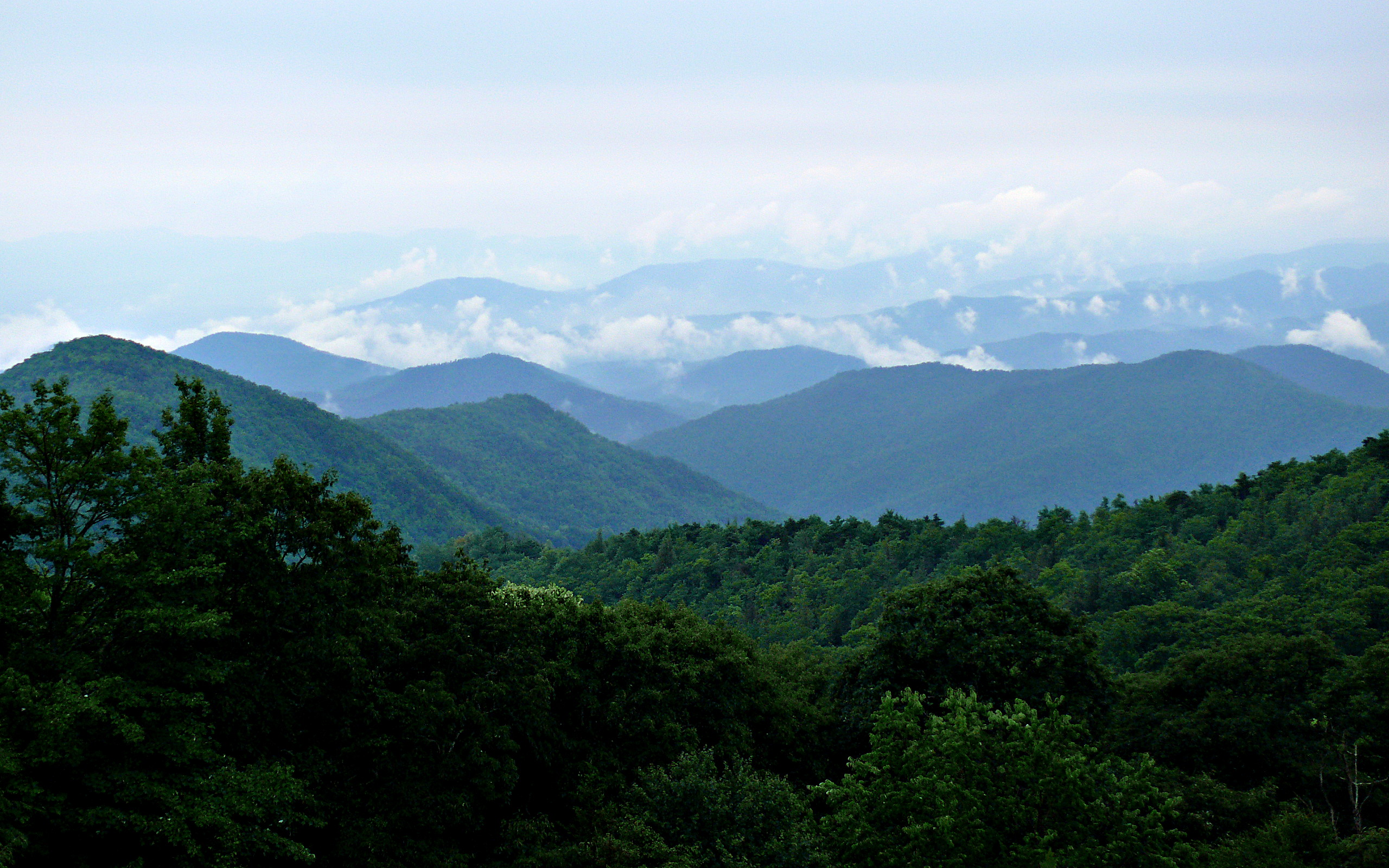
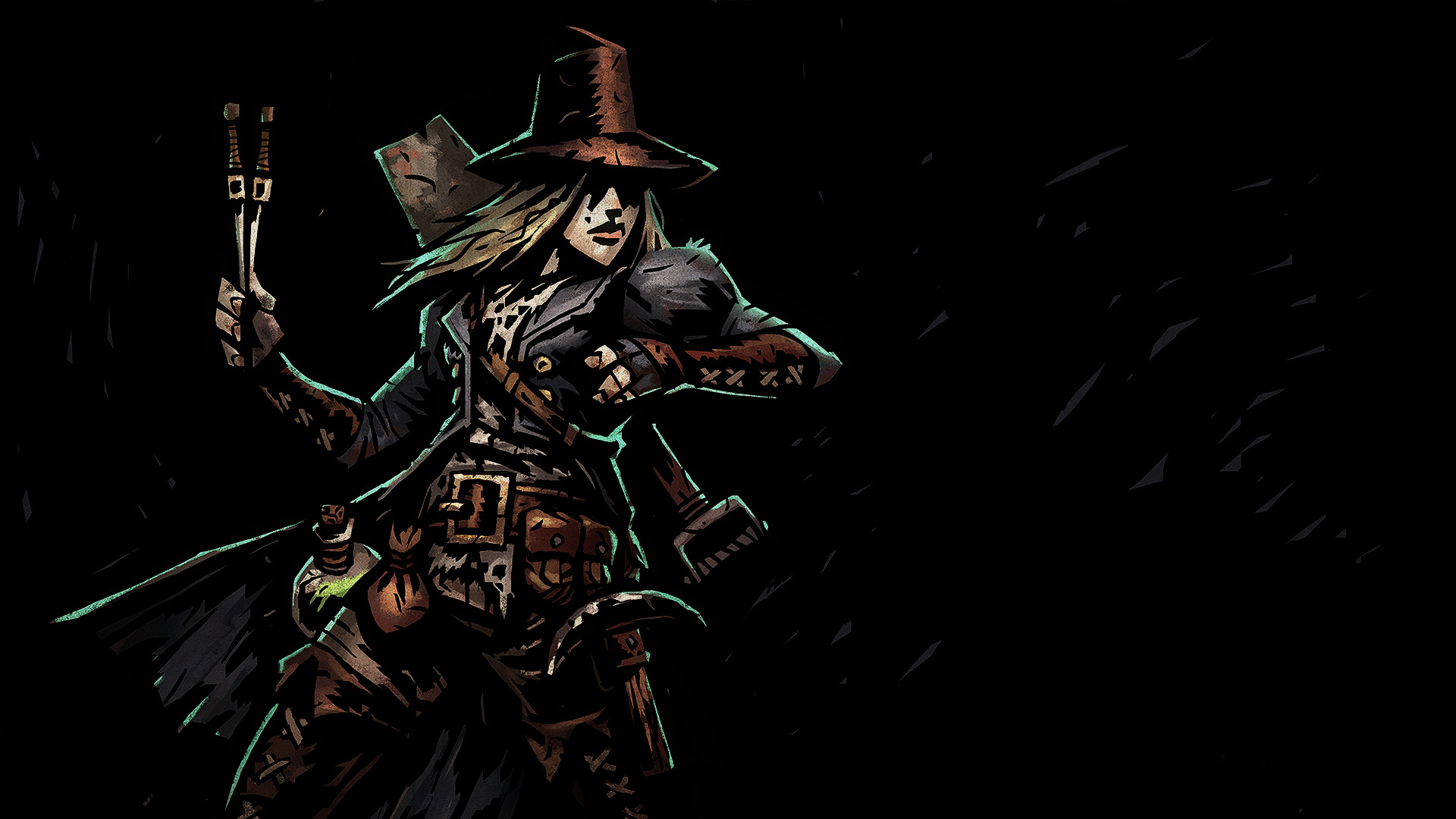
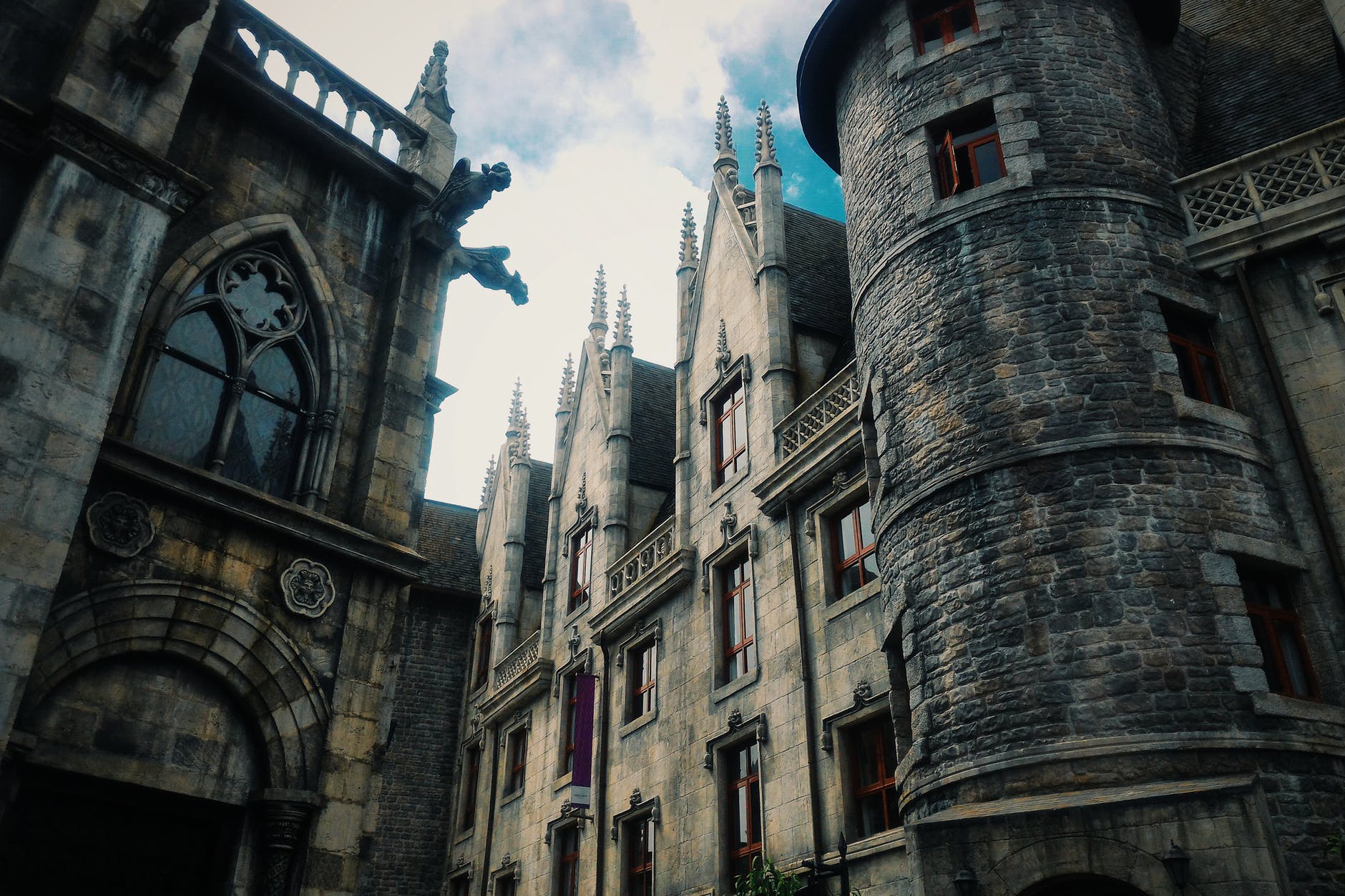
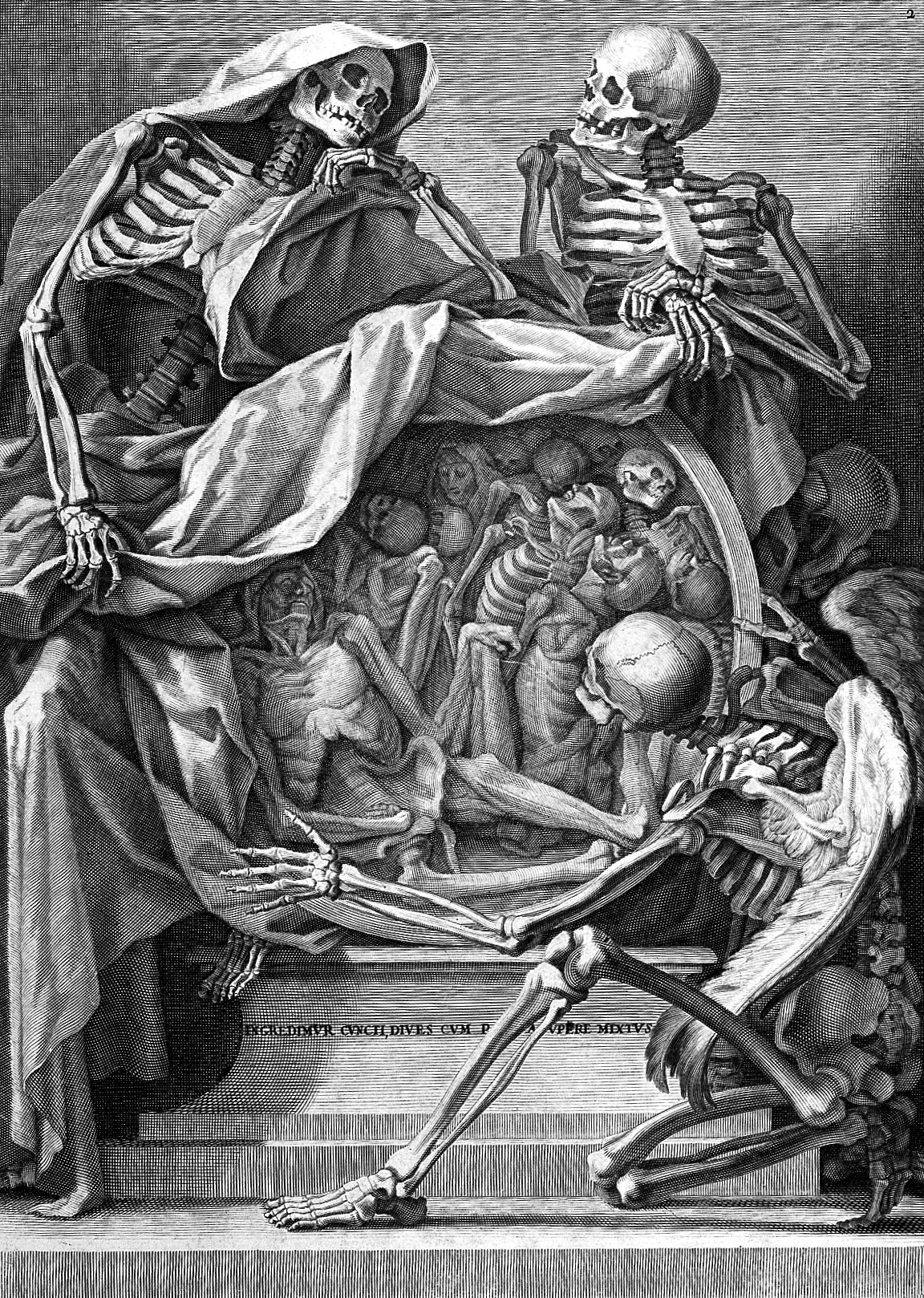
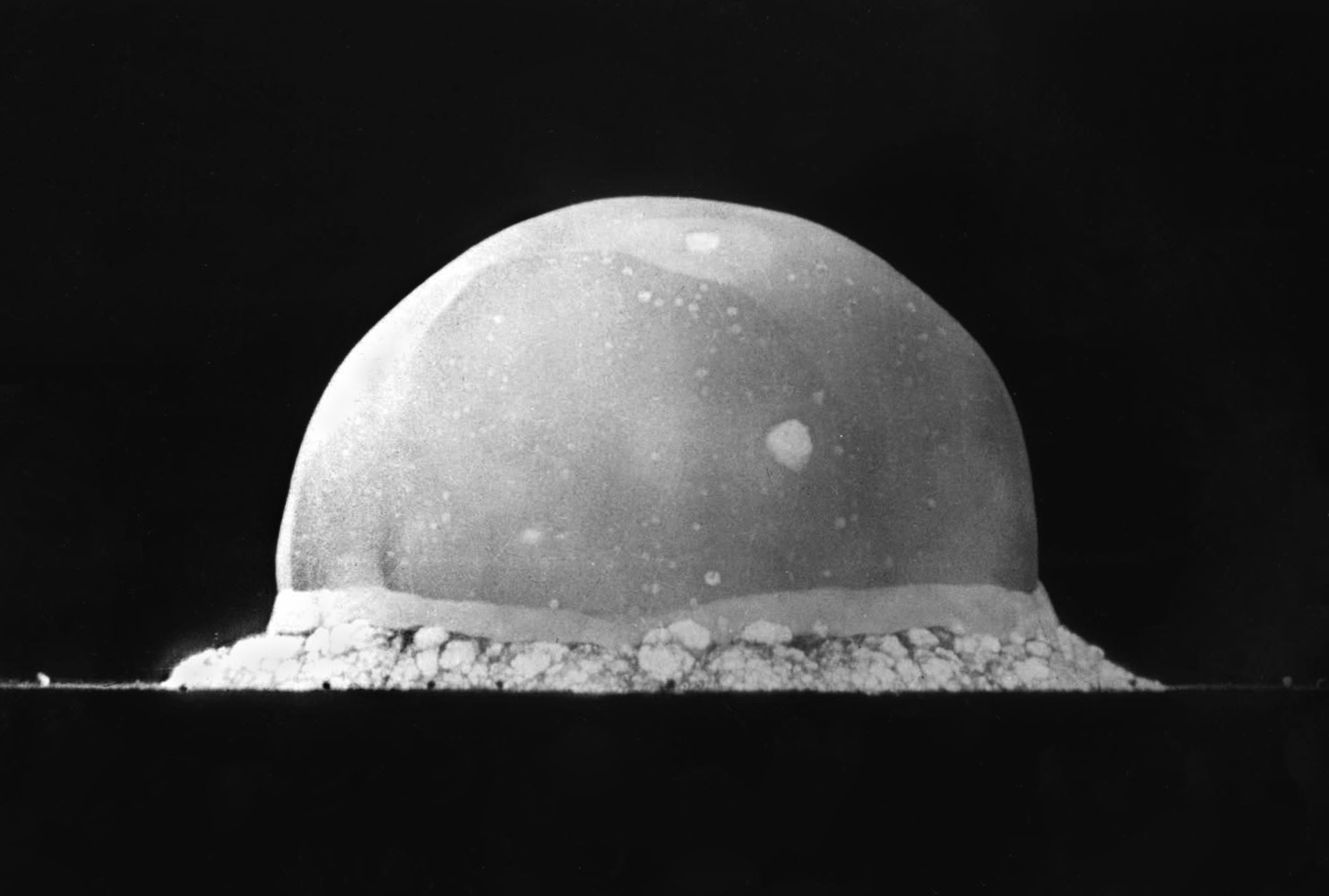
One thought on “Setting Project: Redefining Humanity for Ballad.”
Comments are closed.